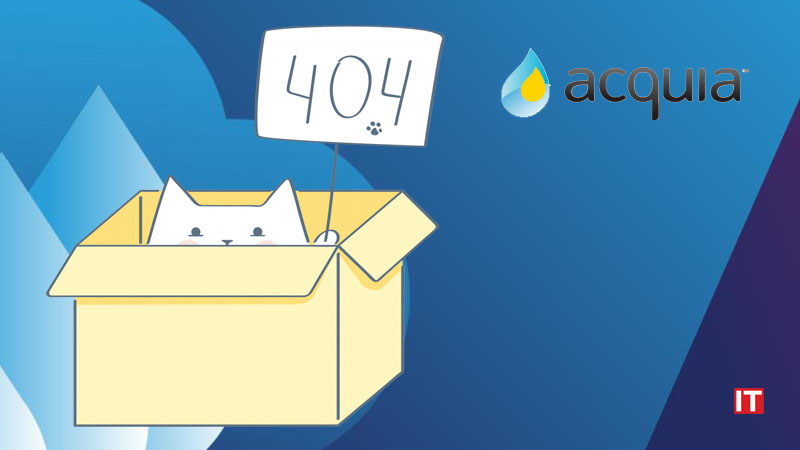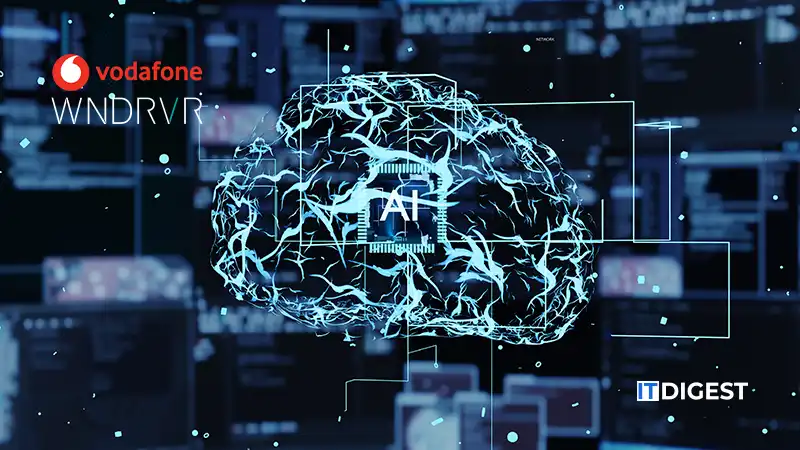Discover a groundbreaking webinar delving into an (artificial intelligence) AI-based, multi-domain digital biomarker platform that is currently being leveraged in neurology and neuropsychiatry clinical trials. To date, the lack of objective measures in central nervous system (CNS) clinical studies has resulted in less than 6% of drugs in this space making it to market. Many of the validated cognitive assessments are paper-based, introducing the potential for bias and limiting ethnic and geographic diversity in clinical studies. An additional challenge facing CNS studies is the higher-than-average patient drop-out rates, in large part due to the burden associated with attending clinical site visits.
What if a team could capture objective physiological and behavioral study data from a diverse group of patients on an ongoing basis without them having to leave the comfort of their own homes? Could researchers escalate the discovery of the next breakthrough treatment by streamlining study timelines and costs?
Also Read: Softheon Launches First AI Tools to Help Health Plans Implement AI Safely and Securely
With a mission to generate the data and insights required to accelerate the diagnosis and management of CNS disorders for millions of patients and caregivers around the world, Cumulus Neuroscience is advancing an AI-based, multi-domain digital biomarker platform to enable better, faster decision-making in neurology and neuropsychiatry clinical trials and patient care. Designed for and with 10 of the world’s leading pharma companies, the platform enables decentralized trials and is already making a difference in the development of therapies for Alzheimer’s Disease, schizophrenia and treatment-resistant depression.
Designed to provide an industry-wide standard for real-world measurement of disease progression, Cumulus combines patented technology, in-house expertise and key industry partnerships to capture large amounts of real-world, clinical data repeated over time, across multiple behavioral and physiological domains in the patient’s home — all with an electroencephalogram (EEG) headset synced to a novel, tablet-based neuro-assessment platform. Together with machine learning (ML) analytics and the world’s largest database of annotated, longitudinal, neurofunctional data, Cumulus simplifies and improves the robustness of neuroscience clinical trials to provide the best and most cost-effective assessment of CNS treatment outcomes.
SOURCE: PRWeb

































